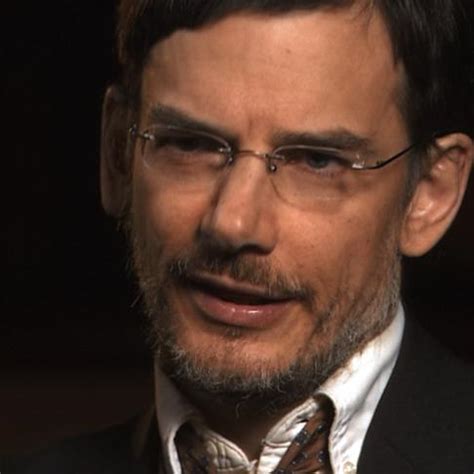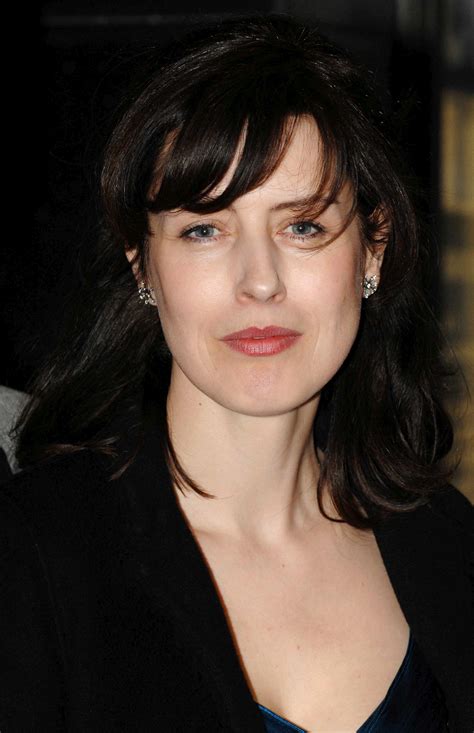A Quote by Neil deGrasse Tyson
One should not be too distracted by definitions. Ideas transcend definitions.
Quote Topics
Related Quotes
In other words, the propositions of philosophy are not factual, but linguistic in character - that is, they do not describe the behaviour of physical, or even mental, objects; they express definitions, or the formal consequences of definitions. Accordingly we may say that philosophy is a department of logic. For we will see that the characteristic mark of a purely logical enquiry, is that it is concerned with the formal consequences of our definitions and not with questions of empirical fact.
The world's definitions are one thing and the life one actually lives is quite another. One cannot allow oneself, nor one's family, friends, or lovers - to say nothing of one's children - to live according to the world's definitions: one must find a way, perpetually, to be stronger and better than that.
Art. Its definitions are legion, its meanings multitudinous, its importance often debated. But amid the many contradictory definitions of art, one has always stood the test of time, from the Upanishads in the East, to Michelangelo in the West: art is the perception and depiction of the sublime, the transcendent, the beautiful, the spiritual.
Science, incidentally, not only ignores the question of indwelling 'essences' by looking instead at measurable relationships, but science also does not agree that knowledge is obtained through Rothbard's Medieval 'investigation by a reason,' i.e., by inventing definitions and then deducing what your definitions implicitly assumed.
Here's a philosophical rule of thumb: always start with the negative definitions. Negative definitions are always easier to understand. So, here's a negative definition. We must not conceive difference in terms of the differences we find between things that already exist. Difference is not empirical differences.
There are several kinds of truths, and it is customary to place in the first order mathematical truths, which are, however, only truths of definition. These definitions rest upon simple, but abstract, suppositions, and all truths in this category are only constructed, but abstract, consequences of these definitions ... Physical truths, to the contrary, are in no way arbitrary, and do not depend on us.
Sure, some [teachers] could give the standard limit definitions, but they [the students] clearly did not understand the definitions - and it would be a remarkable student who did, since it took mathematicians a couple of thousand years to sort out the notion of a limit, and I think most of us who call ourselves professional mathematicians really only understand it when we start to teach the stuff, either in graduate school or beyond.





































